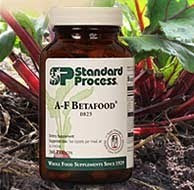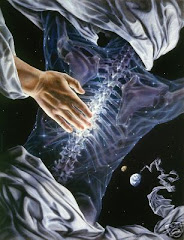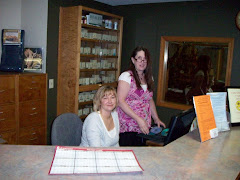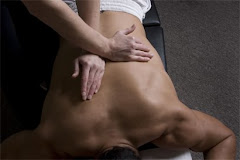It’s not that we really don’t respect and like even like doctors, it’s more the role the doctor now plays in an out of control health care system that has dramatically changed over the years. The whole process turns us off and generates mistrust. We want to feel confidence and security in the health care decisions that anyone is making in our behalf, but how can we truly feel secure? It seems to start with a whole system that disrespects the patient’s opinions, and expressions of fear, doubt or mistrust. No one likes the feelings generated with the insinuation you are inferior (or even worse stupid) because of an honest albeit simple question about your health, a prescription, surgical procedure, or symptom of an illness. It’s a need to want to be informed and we’ve abandoned the initiative to demand it. Why? Everyone truly believes or wants to believe their time is just as valuable as someone else’s time. When we allow health care professionals to not respect our time, especially when they are insensitive to this issue, we reinforce the belief that their time is more valuable than ours. WHY? Everyone resents being ignored or not patiently or carefully listened to and even more so when we are emotionally hurting or in physical pain. And we resist expressing those feelings. Why? Even worse when we absolutely know something is wrong with us and because of limited understanding and experience you get “There’s nothing wrong, it’s all I your head”. These are just a few of the reasons trust has been replaced with apathy and avoidance of health care professionals is rampant. We are experiencing intense insensitivity of an out of control health care system..
Many years ago there was a time when your doctor was just like a member of your family. He could be called upon in times of emergency, told the most intimate of personal details without fear of disclosure and could be counted on for concern and wise advice. He was depended upon as a mentor, healer, listener, and most of all a friend.
Our trust in the healing profession has all but vanished because it has become an intensely competitive and specialized battlefield. It is hard to find those who are truly care about the best interest of the patient. In addition we now face the cost factor that is annoying to most people and financially catastrophic in many instances. Considering all these concerns it is understandably common to ignore a problem hoping that it will go away. Unfortunately the human body is an amazing adaptive mechanism that is capable of multiple layers of compensating when we choose to ignore a problem.. Most problems are really warning signs and hence don’t really go away, instead they just go into hiding as we get more proficient at ignoring them. Then the day of reckoning appears and our visit to the healing professionals becomes a necessity. It would be very comforting to know at that time you could go to an attentive health advocate that you had confidence would take good care of you and give you unbiased, honest advice.
I believe it is time to pay much more attention and demand to be your own health advocate. Being informed on your own health, on the health care system, and treatment options, you will be much better prepared to make the best decisions for you and on your family’s behalf. This is the mission of health awareness mentoring. We believe in the empowerment of the individual to become your own health advocate. We want you to have the confidence to use us as a resource to educate you about health and wellness. When illness or those uncertain and unsettling health issues come along we want to have earned your trust so that you will have the confidence we will guide you in the right direction to recovery and back to health. We want the opportunity to develop a trusting and life long relationship that nurtures and empowers you and your family in a personal health advocacy process.
Many years ago there was a time when your doctor was just like a member of your family. He could be called upon in times of emergency, told the most intimate of personal details without fear of disclosure and could be counted on for concern and wise advice. He was depended upon as a mentor, healer, listener, and most of all a friend.
Our trust in the healing profession has all but vanished because it has become an intensely competitive and specialized battlefield. It is hard to find those who are truly care about the best interest of the patient. In addition we now face the cost factor that is annoying to most people and financially catastrophic in many instances. Considering all these concerns it is understandably common to ignore a problem hoping that it will go away. Unfortunately the human body is an amazing adaptive mechanism that is capable of multiple layers of compensating when we choose to ignore a problem.. Most problems are really warning signs and hence don’t really go away, instead they just go into hiding as we get more proficient at ignoring them. Then the day of reckoning appears and our visit to the healing professionals becomes a necessity. It would be very comforting to know at that time you could go to an attentive health advocate that you had confidence would take good care of you and give you unbiased, honest advice.
I believe it is time to pay much more attention and demand to be your own health advocate. Being informed on your own health, on the health care system, and treatment options, you will be much better prepared to make the best decisions for you and on your family’s behalf. This is the mission of health awareness mentoring. We believe in the empowerment of the individual to become your own health advocate. We want you to have the confidence to use us as a resource to educate you about health and wellness. When illness or those uncertain and unsettling health issues come along we want to have earned your trust so that you will have the confidence we will guide you in the right direction to recovery and back to health. We want the opportunity to develop a trusting and life long relationship that nurtures and empowers you and your family in a personal health advocacy process.












